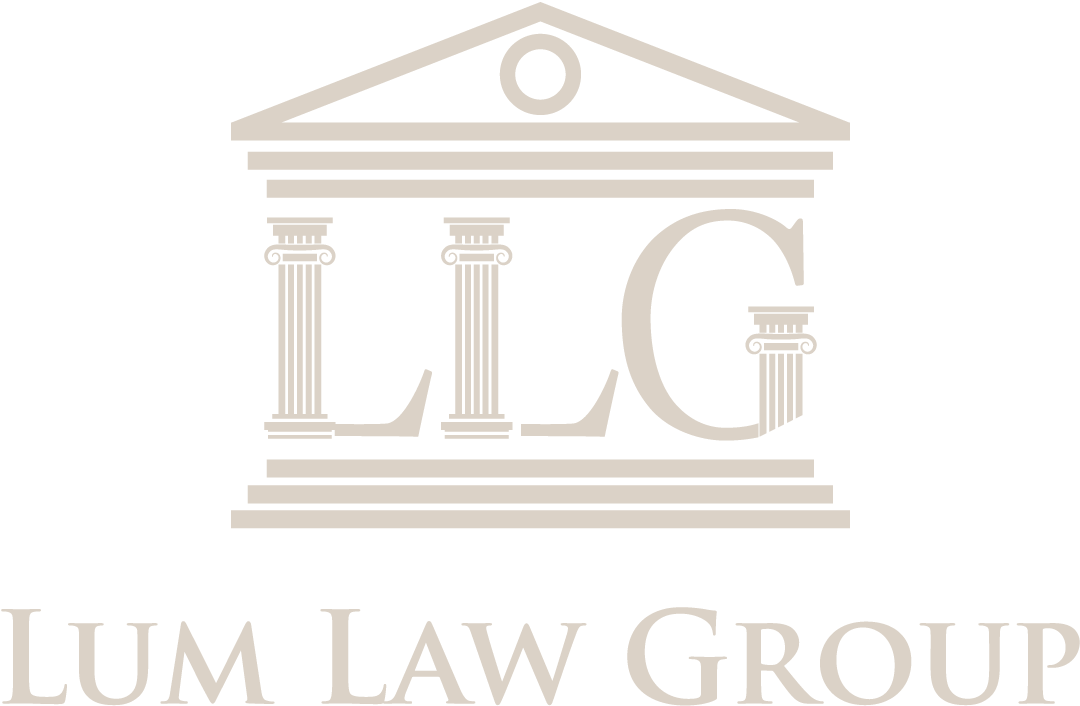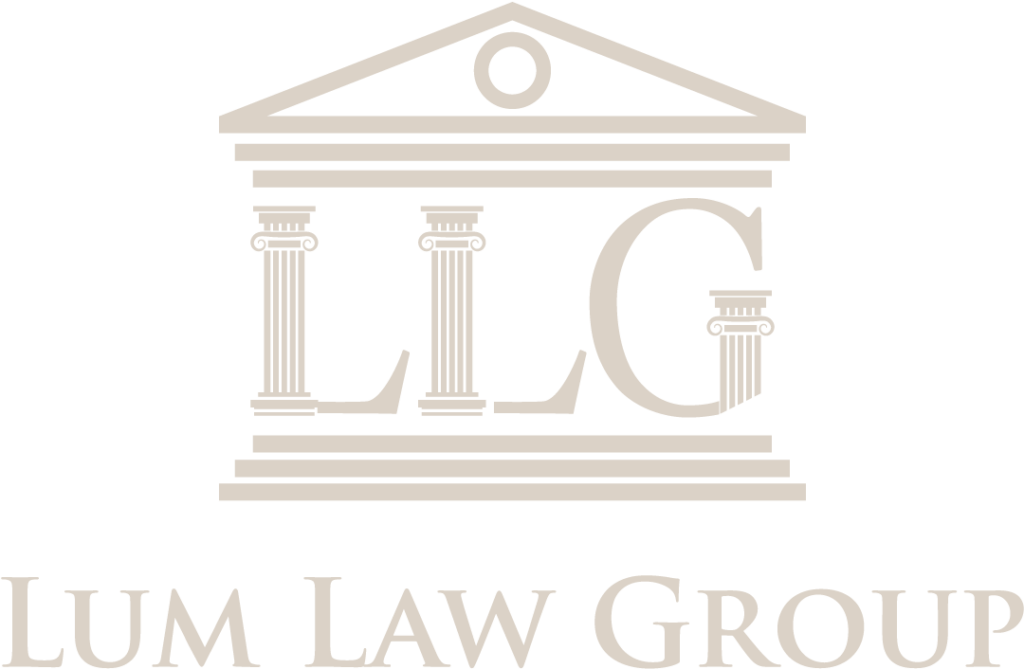Definition of a Trademark
The term “trademark” includes any word, name, symbol, or device, or any combination of the above that is
- used by a person, or
- which a person has a true intention of using in commerce and applies to register on the principal registry established by this chapter
(15 USC, Section 1127)
Legal professionals refer to trademarks, registered trademarks, and service marks as “marks”.
What are Trademark symbols?
Trademark symbols are notices of trademark ownership. When you see a word, symbol, or picture with a trademark symbol next to it, you know it has been registered in the federal database.
The three types of symbols are:
- Registered Mark – R – e.g. Nike’s “Just do it®” has been registered with the U.S. government, so Nike can use the ® symbol with its trademarks.
- Trademark – TM – e.g. Starbucks used ™ on their logo while waiting for their redesigned trademark to be approved
- Service Mark – SM – e.g. United Airlines’ catchphrase “Fly the Friendly Skies℠” is a good example of a company that provides services using a “service mark”
It’s important to note that companies/brands cannot use the ® symbol until their trademark registration application has been approved by the U.S. government. Pending trademarks should use the ™ symbol.
Ownership and Registration
- Trademark Ownership – Created by use in commerce. Ownership is maintained wherever the mark is used in commerce so long as it is used in commerce.
- Federal Registration – Filed with USPTO – Term of a federally registered trademark – Registration is valid for ten years and is renewable before the expiration of the term.
- State Registration – File with the California Secretary of State.
Why you should register a Trademark
No Registration – Can only prevent competitors from using a similar mark in a state, or part of state where your trademark was used first. Governed by state unfair competition laws. Damages limited to actual damages.
Federal Registration – Can prevent competitors from using a similar mark in all 50 states if competitor did not use the mark before you used your trademark, or before you registered your trademark. Possible treble damages, attorneys fees and other remedies. Possible injunctive relief. Case is in federal court where the infringer has greater difficulty delaying case.
State Registration – Additional evidence of use (instate)
Who should register a trademark?
If you are forward thinking and want to protect your trademark before someone else realizes what a great trademark it is, or a creator who wants to protect their original work/art before someone starts copying it, we can help you protect your intellectual property.
If you’ve already registered intellectual property in the past, but you believe a competitor has infringed upon your intellectual property, we can help you litigate your case.
Have more questions about trademarks? Read more on how we can help your business secure your intellectual property!

